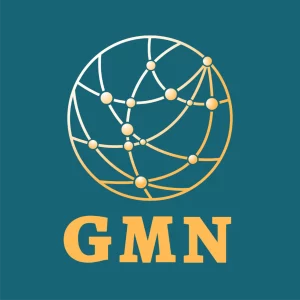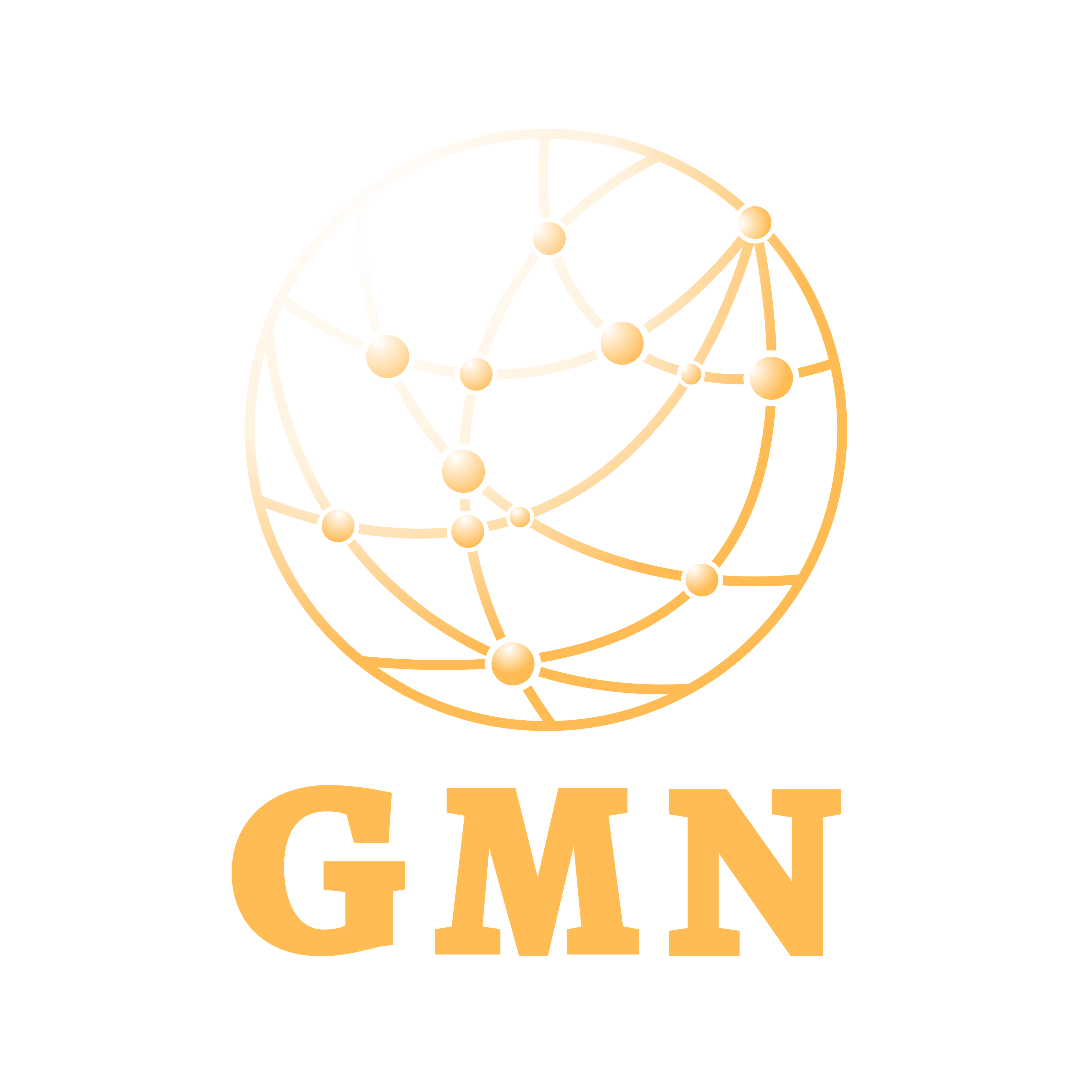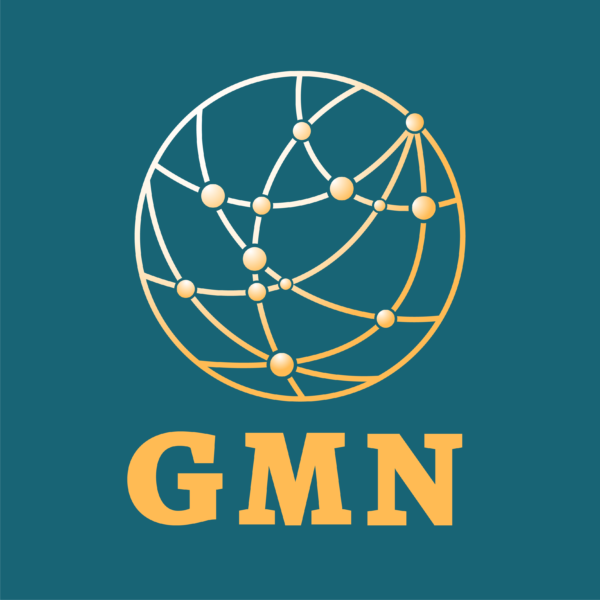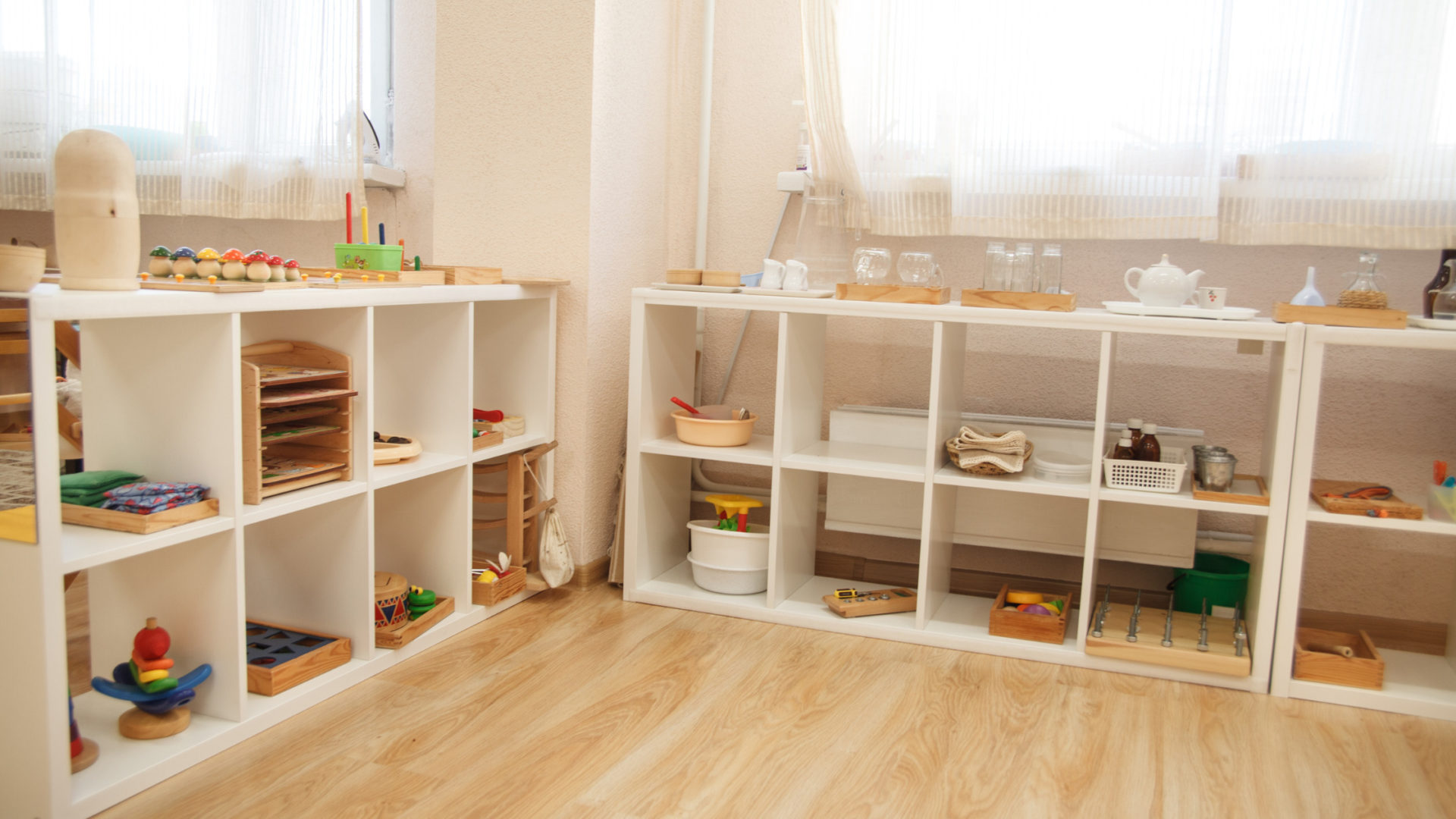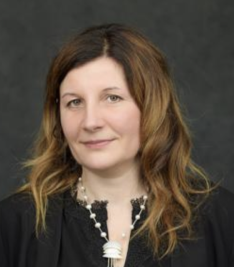Even though Montessori education has been in existence for over 100 years, it is still a very misunderstood method of instruction. According to the National Center for Montessori in the Public Sector (NCMPS), there are approximately 20,000 Montessori schools worldwide. The USA Montessori Census has so far attracted over 2,700 Montessori schools.
This implies that, while most people have heard of the Montessori approach, they might not have been in direct touch with students or parents who have attended a Montessori school. This has given rise to several misconceptions concerning this early childhood education model.
The misconceptions and skepticism individuals have about Montessori philosophy are largely caused by a few of these fallacies. When comparing diverse educational philosophies, it’s critical to weed out misinformation and base conclusions on truthful information.
Today we’re going to take a look at several criticisms/myths and then let you in on the reality regarding Montessori education. Let’s start with the one that gets our goat more than any other… I bet you can guess why it does!
Criticism #1: Montessori Classrooms are Chaotic
Montessori education is a child-centered approach to learning where independence and freedom without limitations are encouraged. For an outsider, the Montessori classroom appears chaotic, as children sit everywhere and work. However, the educators have carefully constructed this atmosphere depending on the children’s developmental needs. Children are free to move and explore, but only within the boundaries established by the educators. The idea behind this is, that when children are allowed the freedom and independence to discover what interests them, they are more motivated to learn and concentrate. This setting reinforces the fundamental Montessori idea of freedom within boundaries.
Criticism #2: No Curriculum to Follow
It is believed that the same fundamental skills are taught in Montessori schools with a demanding academic curriculum. According to statistics, children who receive a Montessori education frequently outperform their traditional school peers in terms of academic achievement. The Montessori method recognizes that, when complicated concepts are presented practically, children can understand them. Additionally, Montessori students are free to study subjects that interest them personally, which increases motivation.
Criticism #3: The Montessori Method is only for Preschoolers
Montessori approaches are entirely focused on the child. As a result, they are successful with all children and would benefit both self-learners and children with learning impairments. These strategies do not differentiate children depending on their learning capacities. Montessori schools, in reality, are beneficial to a wide range of learners. Montessori education is intended to reach all types of learners, including visual, auditory, and kinesthetic learners. Furthermore, when working with small groups, Montessori educators are able to identify each learner’s particular strengths and shortcomings.
Criticism #4: There are no Rules in a Montessori Classroom
It is said that there are no rules that are followed in a Montessori classroom. Contrarily, because they are accustomed to independence within boundaries, Montessori students exhibit more self-discipline than students who attend traditional schools. They consequently become automatically geared to act more disciplined. Since children comprehend the repercussions and are aware of the situations that need to be avoided, this discipline is instilled in them without the use of sticks or punishments.
Criticism #5: Montessori Students are Unprepared for “Real School”
While a typical school will undoubtedly be different for a child trained in the Montessori Method, their previous experience will have properly prepared them for the transition. Montessori education prepares children to be independent thinkers with strong social skills, attention, and an innate love of learning! According to studies, children who got an early Montessori education outperformed their peers in math, reading, social development, and executive function.
Criticism #6: Montessori Classrooms are Just Fun and Games
Children from three to six years old do not discriminate between work and play. Their play is their work in the Montessori classroom. They have fun and communicate with others. Curriculums in art, music, and theatre allow for creative play in the Montessori classroom. They learn many skills that are not learned in a traditional classroom, such as food preparation, laundry, art and craft, and many more.
Criticism #7: Children Do not Receive Grades or Take Tests
If you ask a random person what they know about Montessori education, you could hear that Montessori schools “don’t do tests” or “don’t grade anything.” While Montessori education does not emphasize test-taking in the same manner that many current educational frameworks do, this does not imply that Montessori students are inexperienced with testing or perform poorly on standardized tests. In reality, the research shows the exact opposite. They believe in improving skills that are required to learn a particular topic, and once the skill has been learned, they move on to a new topic. In other words, they believe in learning through experience and practice.
Criticism #8: Montessori Education is Expensive
When compared to free public education, any paid childcare may appear expensive. However, because we only have children who are infants, toddlers, or preschoolers, the only true comparison is paid daycare versus paid Montessori. When you compare these two prices, the difference isn’t that significant.
Some parents who pay for Montessori daycare or preschool send their children to public school. These are the parents who recognize that if their child is going to be in daycare during the day (and if they are going to pay for childcare nonetheless), they may as well benefit from what the Montessori technique can provide for their children.
Closing Thought
The Montessori technique is quite complex, with many moving elements, which might lead to confusion among prospective families. Each classroom’s curriculum, as well as the planning of each school day for each child, is meticulously planned. Montessori education has picked up some perplexing myths over the years. With such a long and well-documented history as an educational concept, some misconception is unavoidable.
For more Montessori-related study material, Visit our website.
